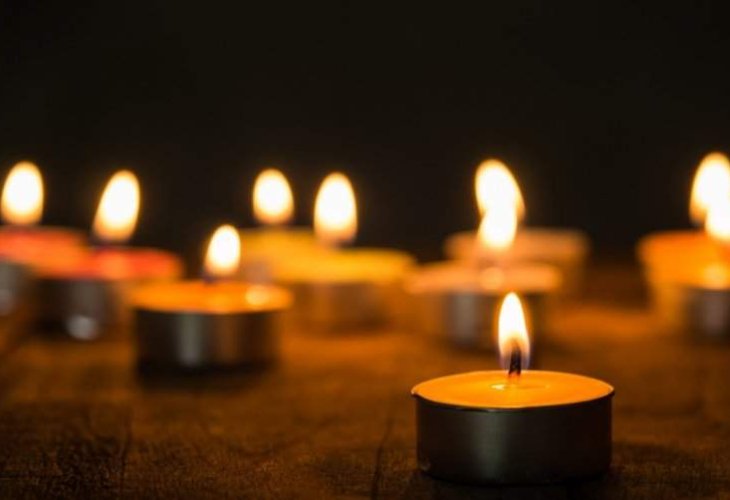Jewish Law
Honoring the Dead: The Jewish Laws of Burial
Even the greatest sinners are treated with respect after death, as man was created in the Divine image
 (Photo: Shutterstock)
(Photo: Shutterstock)'On That Day'
The Torah commands us to bury the dead on the day they pass away: "You shall surely bury him on that day" (Devarim 21:23).
This verse specifically refers to those executed by the Sanhedrin (the highest rabbinic court in Temple times) due to having committed capital offenses. Nonetheless, the principle applies to all deceased.
Explaining this verse, Rashi writes that it is considered a disgrace to Hashem Himself if a human being, created in the Divine image, is left hanging for all to see. And this applies even to the greatest sinners!
Burial
Ceremony
After placing the deceased in the grave, the body is covered with stones and soil as Tehillim (Psalms) are recited.
The head of the Chevra Kadisha (Torah burial society) requests forgiveness from the deceased, and various prayers are recited.
Some people have the custom of kissing the ground after the burial as a gesture of respect, especially for Torah scholars.
Some people have the custom of throwing earth over their shoulders after the burial, symbolizing "for dust you are and to the dust you will return" (Bereishit 3:19) and as a reminder of the resurrection at the End of Days.
Washing Hands
Directly after leaving a cemetery, people must wash their hands three times, traditionally without drying them, in order to stay mindful of mourning. However, in cold weather, drying is allowed.
Location
It is considered an honor and comfort for the deceased to be buried near their ancestors.
Being buried next to a spouse is considered more important than being buried near one's ancestors.
A widow who remarried is, according to tradition, buried beside her first husband, as after the dead are resurrected, the Zohar states, she will return to her first husband.
If she is nonetheless buried next to her second husband, the children of her first marriage may add, on the gravestone, that she was "formerly [her surname from her first marriage]."
It is a source of comfort for the deceased when family visit the grave to request their intercession on their behalf. Therefore, burial should be in an accessible location.
***
Wicked individuals are not buried near the righteous, nor are those who sinned greatly placed next to those whose sins were less serious. Average people are also not placed next to exceptionally pious people.
If a wicked person is mistakenly buried next to a righteous one, he should be moved if possible, or a stone barrier placed between their resting places.
Two lifelong enemies should not be buried together; if they are, a ritual of forgiveness with ten witnesses is advisable.
Burial in the Land of Israel
Burial in the Land of Israel confers significant merit on the deceased. Even if a person was initially buried outside Eretz Yisrael, transferring their remains is still advisable if possible.

